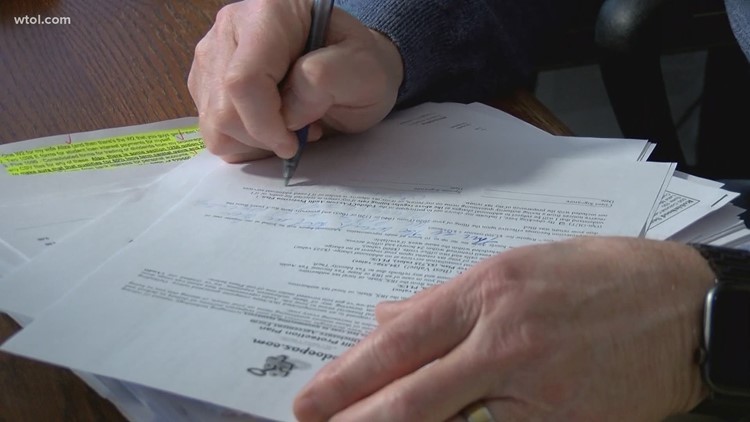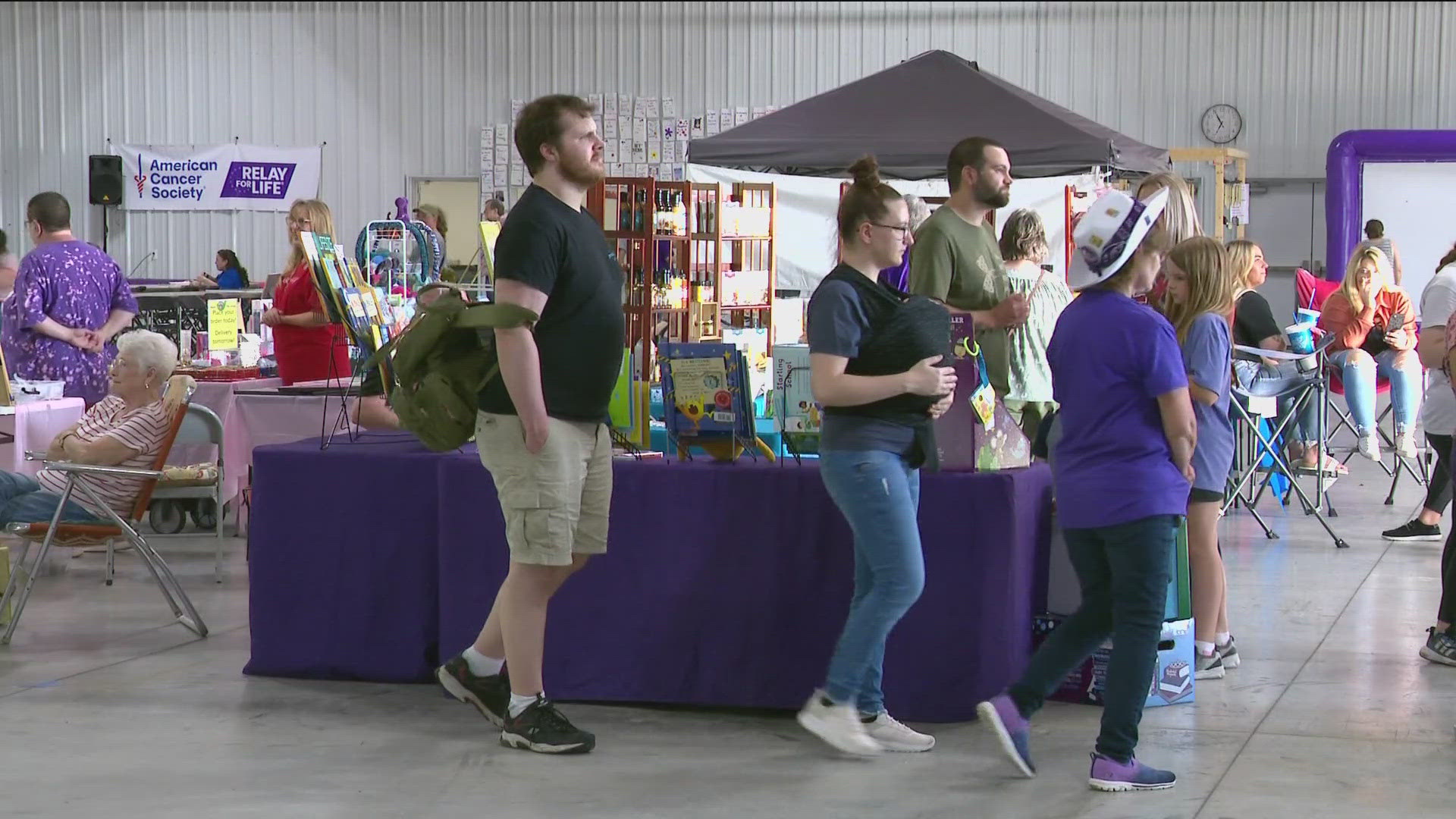TOLEDO, Ohio — Relief packages and incentives have been administered throughout the course of the pandemic in effort to help the economy and hardworking Americans. The U.S. Small Business Administration (SBA) came together to create guaranteed relief funds to qualifying businesses under the Coronavirus Aid, Relief, and Economic Security (CARES).
However these distributed funds were being sought out by six individuals who allegedly played a part in a scam.
“COVID-19 relief funds are intended to support hardworking Americans and small businesses struggling with financial challenges as a result of the pandemic,” acting U.S. Attorney Bridget M. Brennan said. “The U.S. Attorney’s Office is committed to pursuing anyone alleged to have fraudulently obtained relief funding.”
Brennan announced that a federal grand jury in Cleveland returned a 14-count indictment charging six individuals for their alleged roles in a scheme to fraudulently obtain approximately $9 million in COVID-19 relief funds.
“The CARES Act was enacted with provisions to help struggling businesses stay afloat during the COVID-19 pandemic,” stated Bryant Jackson, special agent in charge of the IRS Criminal Investigation Cincinnati Field Office. “Those individuals who have or continue to exploit the programs as a ‘get rich quick' scheme will be held accountable for their actions.”
Terrence L. Pounds, 44, of Holland, Ohio; Charles B. Tiller, 37, of Columbus, Ohio; Terri Davis, 30, of Old Hickory, Tennessee; Randolph Nunn, 48, of Canton, Ohio; Samira Abdul-Karim, 27, of New Haven, Connecticut; and Quwan Simmons, 28, of Hartford, Connecticut are all charged with conspiracy to commit wire fraud and wire fraud. In addition, Pounds, Nunn, Davis and Tiller are also charged with various counts of money laundering.
According to the indictment, from about March 31 - Dec. 17 of 2020, the six defendants, and others known and unknown to the grand jury, are accused of devising a scheme to defraud the SBA and other financial institutions by obtaining Economic Injury Disaster Loans (EIDL) and Paycheck Protection Program (PPP) loans under false pretenses.
The indictment states that Pounds recruited Tiller, Davis, Nunn, Abul-Karim, Simmons and others to provide him with their personal identifying information, which he then used to apply for EIDL loans in their names. Pounds claimed he and his recruits were a non-profit “faith-based organization," also claiming to be a “church,” with $1 million in revenue and 15 employees. Based on this false information, the SBA approved these loan applications. In addition, each recruit paid back a portion of their cut to Pounds.
Authorities say Pounds, Tiller, Davis, Nunn, Abdul-Karim and Simmons, together and with other co-conspirators, submitted at least 60 fraudulent EIDL loan applications and other fraudulent PPP loan applications seeking a total of approximately $9 million. The SBA approved approximately $3.3 million.
"These six individuals allegedly defrauded United States taxpayers by engaging in this scheme,” FBI Special Agent in Charge Eric B. Smith said. “The CARES Act was designed to help struggling Americans, not for greedy fraudsters to line their pockets. The FBI will continue to work with our partners to root out cheaters engaged in criminal financial deception.”
An indictment is only a charge and is not evidence of guilt. A defendant is entitled to a fair trial in which it will be the government’s burden to prove guilt beyond a reasonable doubt.
This investigation was conducted by the Cleveland FBI – Canton Resident Agency and the IRS – Criminal Investigations. This case is being prosecuted by Assistant U.S. Attorneys Brendan D. O’Shea and Elliot Morrison.
The public is encouraged to submit any allegations of COVID-19 fraud to the National Center for Disaster Fraud Hotline at 866-720-5721 or via the NCDF Web Complaint Form.



